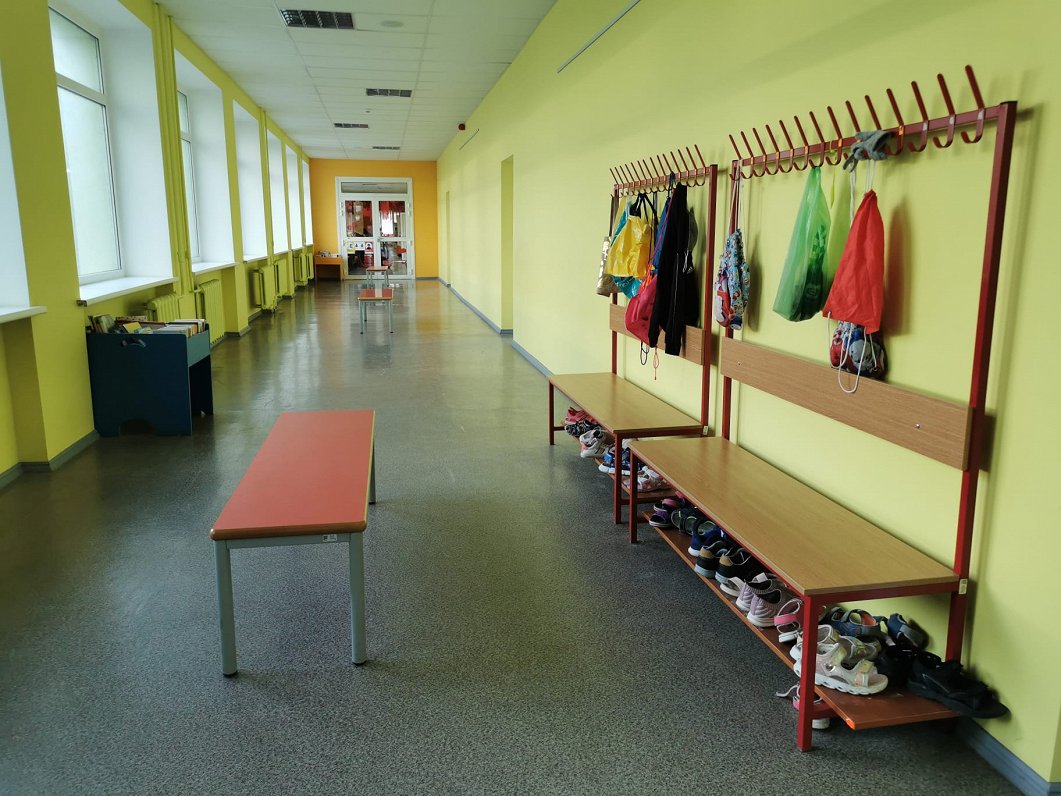Several instances have already caught the public's attention. In Daugavpils, there was a picket regarding a merger of two schools. Five schools are facing closure in the Alūksne municipality. In Skrunda, the high-school level could be made redundant, whereas one school is already decided to be closed in Kuldīga municipality.
Latvian Association of Local and Regional Governments (LPS) advisor for culture and education Ināra Dundure said these decisions are logical.
"At the moment, especially where several municipalities were joined or merged, the issue has become more pressing again. And this network of schools needs to be seen in a wider context, namely how to build a strategy for the school network, taking into account population, age structure, and also the migration flow of the population. Also fundamentally, existing educational institutions, including technical provision, infrastructure, provision with educators, age structure of teachers should be evaluated," Dundure said.
Minister for Education and Science, Anita Muižniece, said the changes are not only due to the territorial reform.
“The talks and ideas that we have in terms of changing the model of teacher pay funding, too, I suppose, are such an additional incentive to organize the network of educational establishments. When organizing the network of schools, the local government also has free resources, firstly, to ensure competitive pay and, secondly, also to provide those needs that have often not had the resources to date, [..]” the minister said.
Professor of pedagogy, psychology and arts faculty at the University of Latvia, Andris Kangro, said the activity of municipalities is correct.
“We have too many small schools. [..] It was already seen in the mid-90s in international research that we have a lot of small schools. Well, it's expensive, it's clear at once, but education demands money. But see – quality in these small schools on average statistically, studies have shown it isn't high. It was lower than in the big schools. If we're getting richer as a country, then of course we can afford more and not attack the small schools. [..] But if there are 5-7 pupils in one class [..] teachers' salaries cannot be secured. The small municipalities defended their schools, logically. Now the municipalities will also defend their schools, but the municipalities will be larger,” Kangro said.
He also pointed out that what is happening is a 'logical process and would benefit everyone': teachers who will be able to teach more pupils, and the pupils, as a higher number allows for the development of the school.
At the same time, Kangro said that the results achieved by the school are the most important, and if it is good, smaller schools where children achieve high results do not need to be reformed.





























